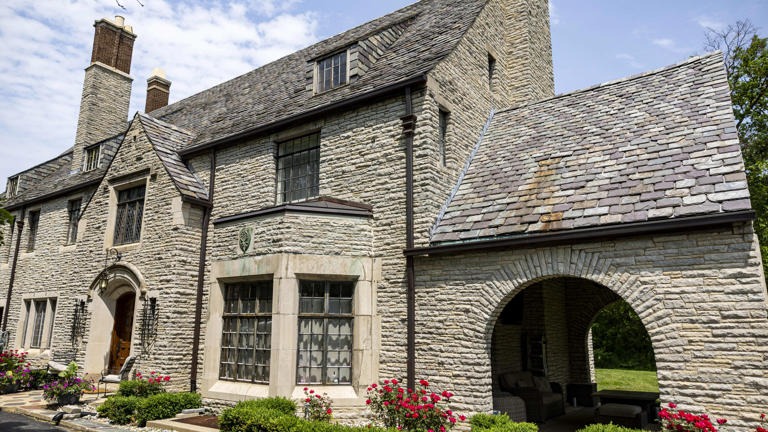
Detroit Corruption Scandal Highlights Need for Transparency in Real Estate Transactions
The recent guilty plea from Shady Awad, a real estate investor, in a corruption case involving the mayor of Taylor has raised critical questions about integrity in the Detroit housing market. Awad admitted to bribing Mayor Rick Sollars with cash, home upgrades, and appliances in return for access to numerous foreclosed properties. Such malfeasance not only undermines public trust but also poses significant risks for home buyers and professionals navigating the intricate landscape of Metro Detroit's real estate sector.
Understanding the Fallout: Implications for the Detroit Housing Market
As more details surrounding the corruption probe come to light, stakeholders in the Detroit housing market must grapple with the potential fallout. The implications of such illegal activities extend beyond just the individuals involved. According to reports, Sollars had previously amassed a staggering $206,000 during his tenure, prompting skepticism regarding local governance and zoning laws, which should ideally protect residents from unethical practices.
With public officials under scrutiny for their actions, prospective home buyers and investors should remain wary of potential biases and influences in property dealings. This is especially relevant in a market where Michigan real estate trends indicate a slow yet steady recovery, demonstrated by rising home values and burgeoning development projects.
A Broader Picture: The Importance of Ethical Conduct in Development
The actions of Awad and Sollars do not exist in a vacuum; they reflect broader behavioral norms in the business and political arenas in Metro Detroit. The real estate community is increasingly recognizing the importance of ethical practices in developing trust with clients and stakeholders. As urban planners and property investors navigate the intricate architecture of Detroit's neighborhoods, the lessons learned from this corruption probe emphasize that transparency and accountability must become foundational aspects of their dealings.
Historical Context: Corruption in Detroit's Urban Planning Journey
Detroit has a complex history marred by various forms of corruption and mismanagement, particularly in urban planning and real estate dealings. From financial crises to misallocated development funds, these issues have not just hindered growth but have also amplified socioeconomic disparities across neighborhoods. Understanding this history is essential for current residents, especially home seekers, as they make choices that will impact their families and their community's future.
Future Predictions: What Lies Ahead for Metro Detroit's Real Estate?
As the investigation continues and actions are taken against those involved, there is hope for a reshaping of real estate practices in the Detroit area. The emerging trend toward sustainable development presents an opportunity for collaboration among community stakeholders focused on genuine progress over profit. Moving forward, Metro Detroit real estate agents must prioritize ethical practices, ensuring buyers and renters are fully informed about their investments in the local market.
Local vs. Global Perspectives: What Michigan’s Dynamics Mean for Investors
For investors, understanding local market dynamics is essential when evaluating potential opportunities in Metro Detroit. Factors such as zoning laws, neighborhood growth, and even urban renewal projects heavily influence property desirability and values. By comparing these local conditions with global trends, savvy investors can make informed decisions that contribute positively to the region while reaping personal benefits.
As this situation unfolds, it is crucial for those involved in Detroit's real estate scene to reflect on the ethical implications of their actions. Home buyers, in particular, should leverage this moment as an impetus to demand transparency in their transactions.
Cognizant of the ongoing challenges but inspired by the city's resilient spirit, home seekers, real estate professionals, and urban planners can play a pivotal role in leading the Detroit housing market toward a more transparent and equitable future.
To stay updated on the latest in the Detroit housing market and to learn about sustainable practices that can empower your financial goals, consider connecting with local real estate agents, attending workshops on property management, or joining community discussions focused on neighborhood growth.
 Add Row
Add Row  Add
Add 



Write A Comment